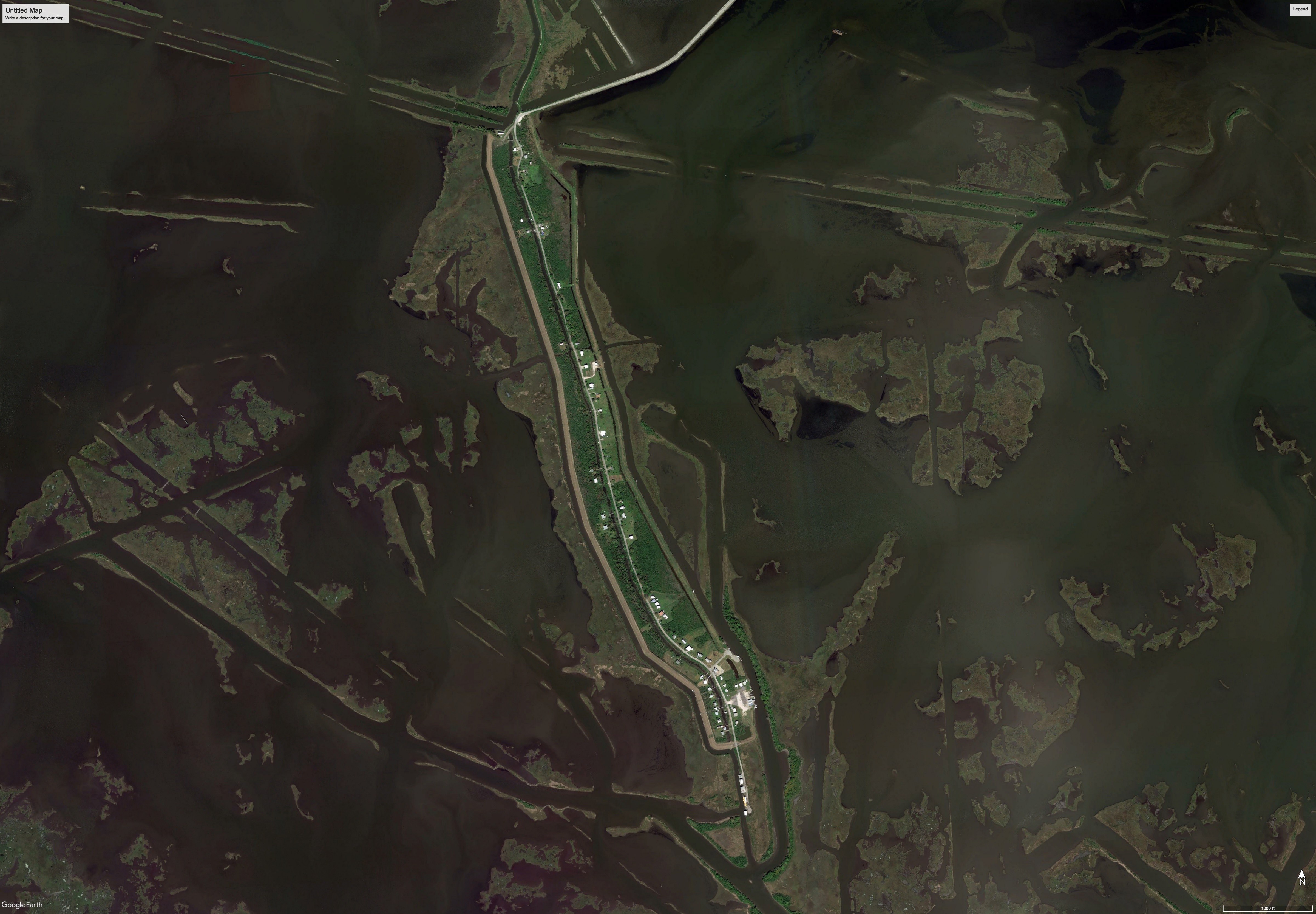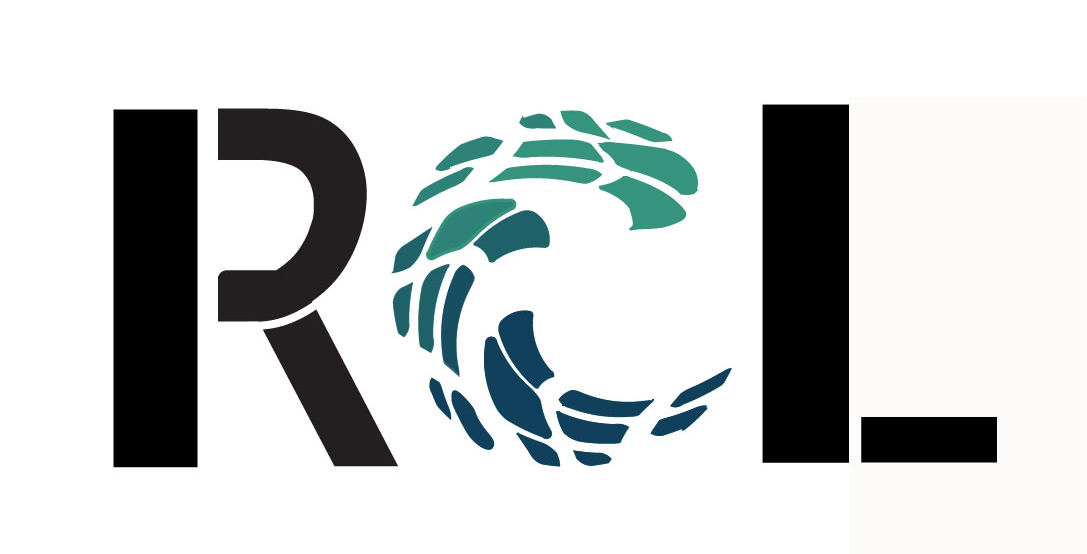Moving Together: Planned Resettlement

“Moving Together” project, Prof. Knox-Hayes and her students analyzed the difficulties faced by the members of Isle de Jean Charles Biloxi-Chitimacha-Choctaw Tribe, who are being displaced by climate change in Louisiana.
The residents of the Isle de Jean Charles have been struggling with the effects of sea-level rise, exacerbated by canals built for the oil industry. Much of their land has been lost. Yet attempts to resettle to the mainland have been complicated by lack of federal tribal recognition and by state bureaucracy. “There has been a lack of understanding from state and federal authorities about the nature of the tribes and their identities that makes working in a way that is culturally sensitive and appropriate more challenging,” Knox-Hayes says.
In response to such challenges, Knox-Hayes led efforts with the LCAU to develop an Equitable Resilience Framework (ERF) as part of the MIT Climate Grand Challenges Initiative, putting together a plan for community adaptation planning that goes well beyond the usual cost-benefit analysis, to take into account social and racial inequities. “Climate adaptation can either exacerbate existing inequalities or provide new opportunities for more equitable transformations,” she says.
“The kind of losses we’re seeing in the Gulf of Mexico now are going to happen in the Northeast in a matter of decades,” Knox-Hayes says. “There’s a critical opportunity to learn from what’s happening in other parts of the country.”
Publications
Kumasaka, Osamu, Robin Bronen, Elise Harrington, Janelle Knox-Hayes, Shirley Laska, Albert Naquin, Andy Patrick, Kristina Peterson, and Stanislaus Tom. (2021) "Planning for resettlement: Building partnerships for, by, and with Indigenous peoples." GeoJournal: 1-21. (link)
Project at the 2021 Venice Biennale: Sheila Kennedy (American, b.1959), Janelle Knox-Hayes (American, b.1983), Miho Mazereeuw (Japanese/Dutch, b.1974), and James Wescoat (American, b.1952) at MIT Venice Lab (USA, est.2019) (link)
